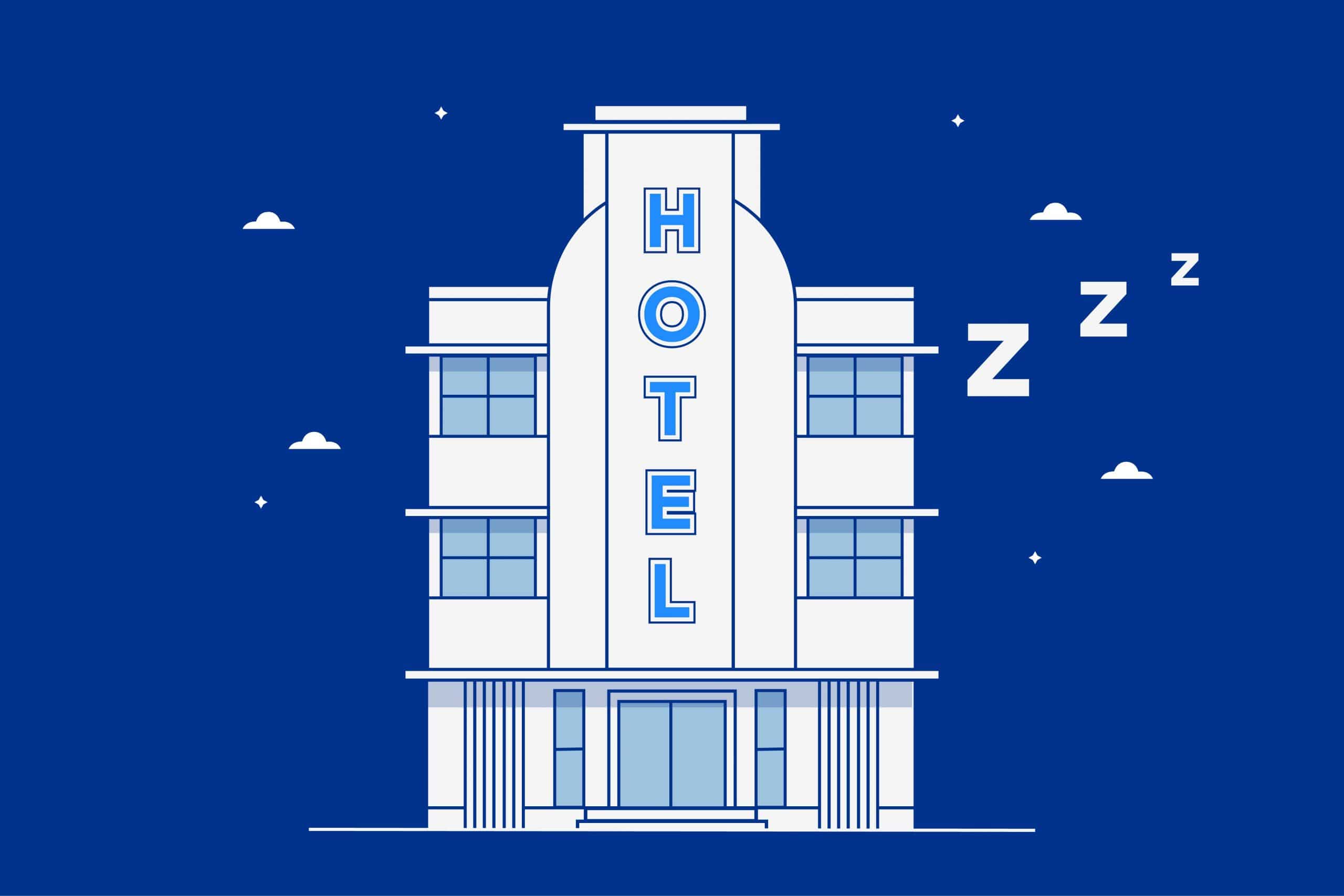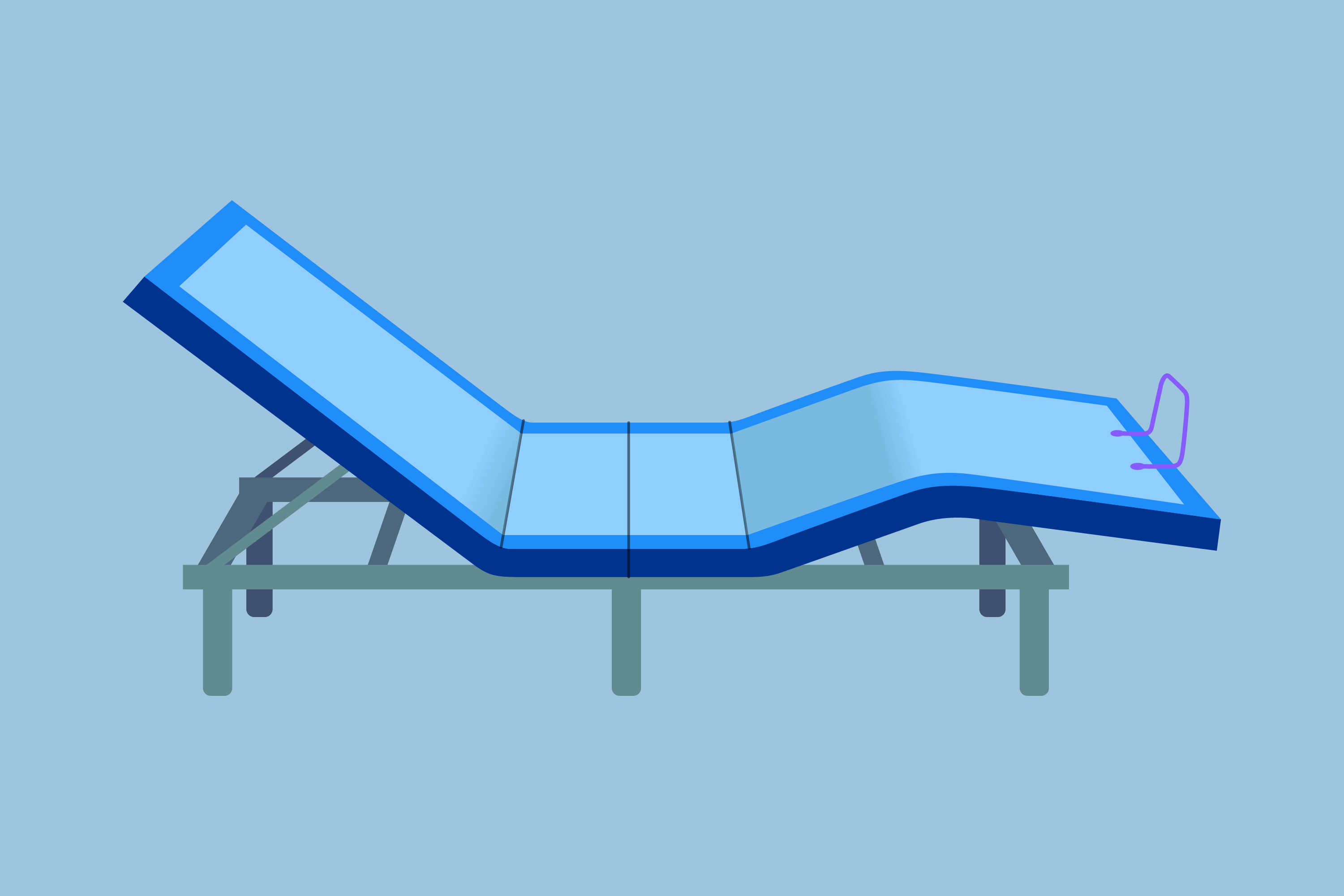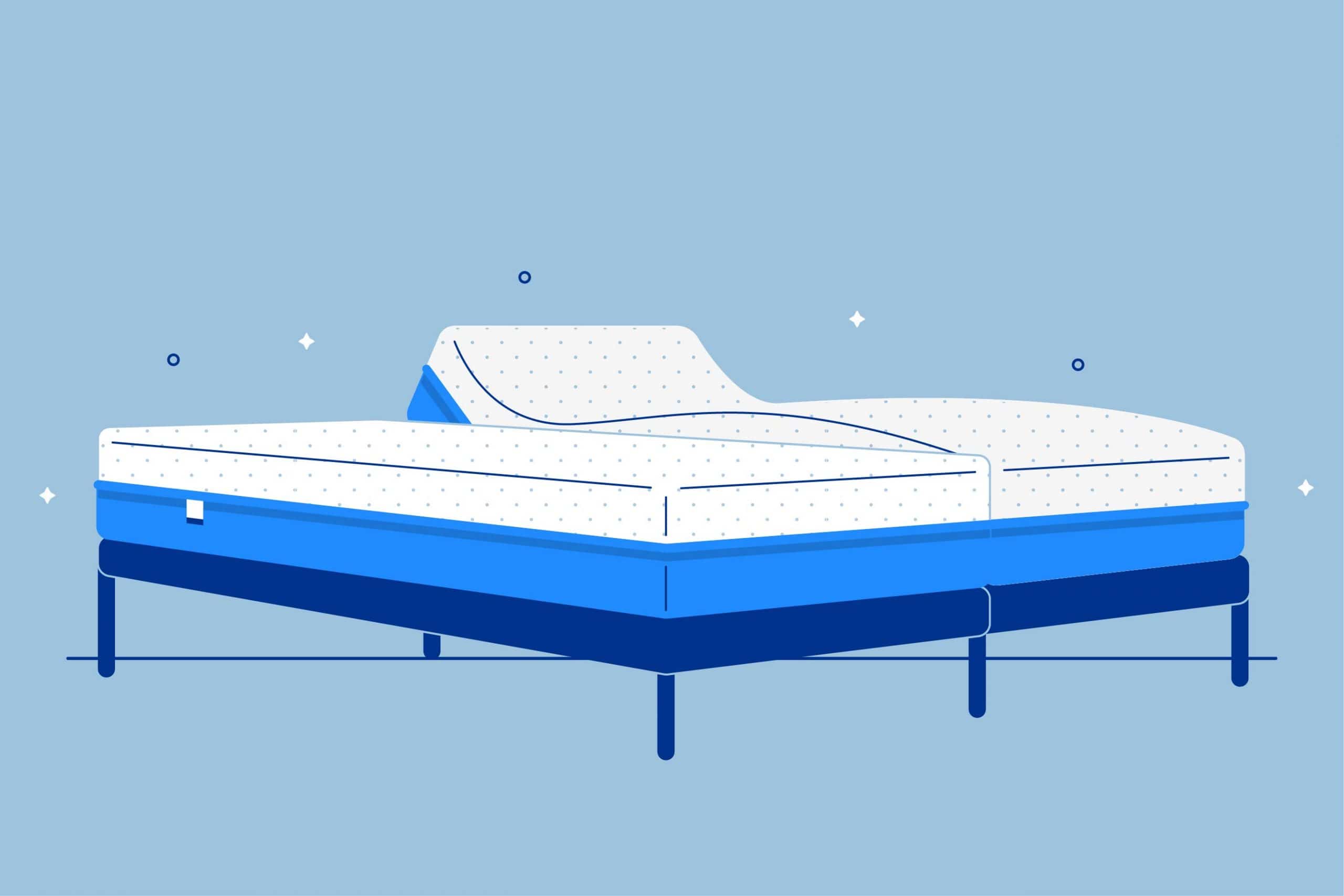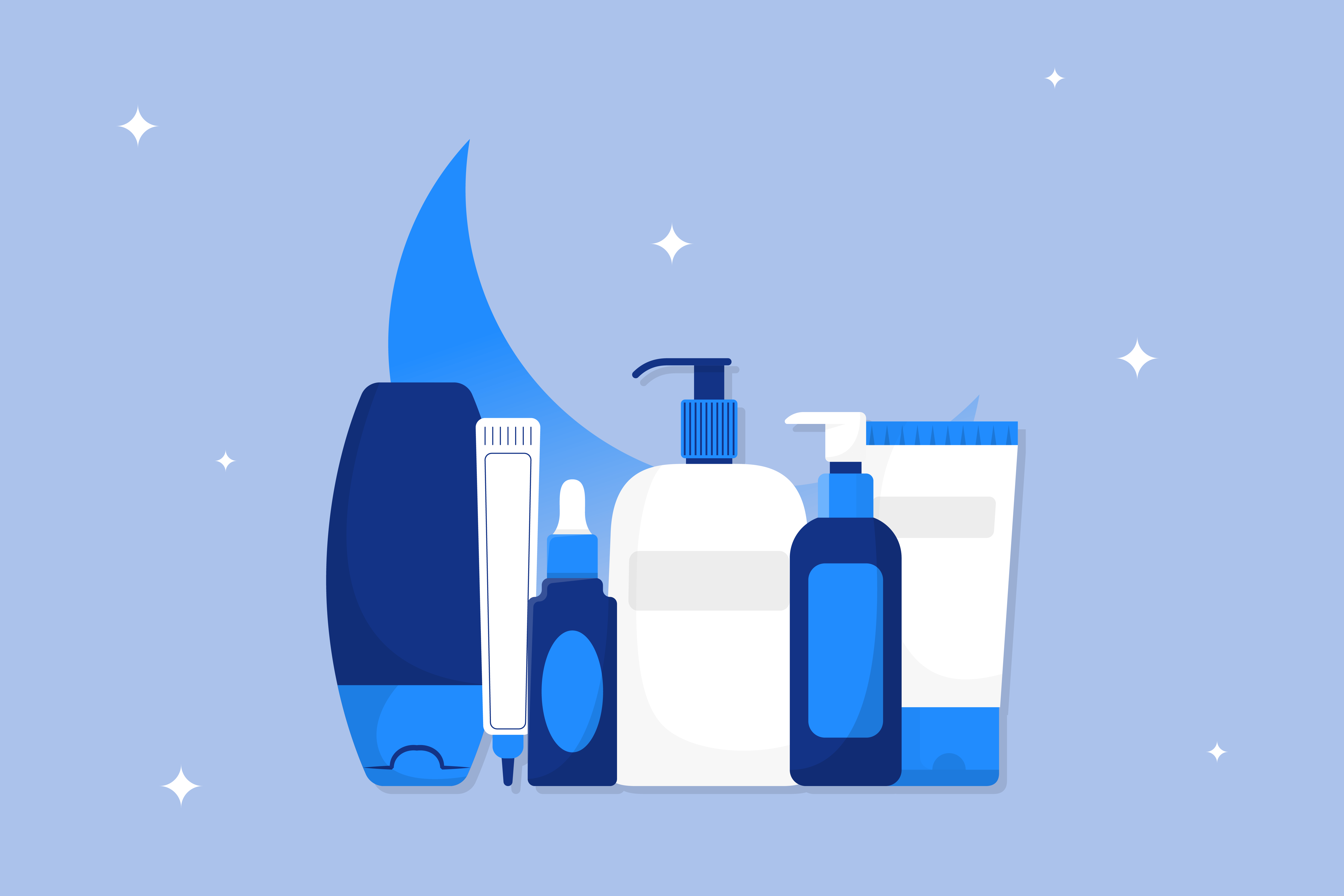Whether you are traveling for vacation, a family visit, or work, being away from home and your normal routine can wreak havoc on your sleep schedule. Sometimes, this is due to a time zone shift or a busy agenda. However, we can also disrupt our sleep-wake cycle just by staying in an unfamiliar place, such as a hotel.
Whatever the reason, there are a few changes you can make to increase your comfort and improve the quality of your sleep even when you are miles away from home. Throughout this article, we break down the best ways to get better sleep when staying at a hotel.
1. Reduce Light
Melatonin, Verified Source National Library of Medicine (NIH) World’s largest medical library, making biomedical data and information more accessible. View source a naturally occurring hormone controlled by light, helps initiate sleep. When we are exposed to sunlight, melatonin production is low, allowing us to stay awake and alert during the day. However, as the sun sets and we are exposed to less sunlight, melatonin releases in the body, causing us to feel sleepy and ready for bed. If your room is too bright or if small slivers of light invade your sleep space, it may inhibit sleep.Most hotel rooms have blackout curtains to keep out external light. However, some light sources may still find a way into your hotel room. Therefore, it is often helpful to travel with an eye mask and clothespins.
Use clothespins to ensure curtains remain shut and do not naturally drift open. You can also place a rolled-up towel under the door to block any light from the hallway or adjoining room. If these measures fail and your hotel room is still too bright, a sleep mask can help reduce light, increase melatonin levels, and promote sleep.
It is also important to ensure alarm clocks and other electronic sources, such as the television, are covered or powered down.
2. Eliminate Noise
Like light, sound impacts your sleep schedule. To reduce the likelihood of a noisy environment, request a hotel room away from elevators, ice machines, and housekeeping closets. Booking directly with the hotel, instead of a third-party travel site, makes this request easier and guarantees you get a quiet room.
In addition to these requests, it is helpful to pack a pair of earplugs when staying at a hotel. Earplugs are small, travel well, and can be a lifesaver if you end up in a noisy hotel room. Also, earplugs can help block out excess noise and help you get much-needed shuteye when resting on an airplane.
3. Keep it Cool
A hot, stuffy bedroom can make it impossible to get a good night’s rest. When you first arrive at your guest room, make sure the air conditioner is working properly. It is important to check the unit right away, so your sleep time is not interrupted by maintenance calls.
When adjusting the temperature in your hotel room, experts recommend setting it between 60 to 67 degrees Fahrenheit Verified Source National Library of Medicine (NIH) World’s largest medical library, making biomedical data and information more accessible. View source to reduce night sweats and sleep disruptions. Lightweight cotton pajamas can also increase breathability and prevent heat-trapping.
4. Maintain Your Regular Routine and Schedule
One of the best ways to ensure you sleep well when staying at a hotel is maintaining your regular bedtime routine. If you wash your face before bed or read a few pages of a book, be sure to continue this routine even when you are away from home. When packing, bring along the essentials that make your normal bedtime routine possible.
Going to bed and waking up at your normal time also helps regulate your circadian rhythm and makes it easier for you to fall asleep each night. If your schedule becomes erratic, it’s difficult to get adequate rest no matter how comfortable your hotel room is.
If you are traveling to a different time zone, do your best to adapt to the local time as quickly as possible. If it is daytime when you land, increase your sunlight exposure and activity level to remain awake. Once it is bedtime in your new locale, decrease your light exposure, and do your best to relax and get some sleep even if it is not your normal bedtime.
Although it may take a day or two, adopting the local schedule will reduce jet lag and get you sleeping better in no time.
5. Make the Space Your Own
When staying at a hotel, try to make the bed feel similar to your bed at home. If you normally sleep on a queen size mattress, try to book a room with a queen bed when possible.
If you are a side sleeper and typically hug a body pillow at night, request extra pillows from the front desk. When space permits, bringing along your own pillow or pillowcase will help you feel more at home and put you at ease.
If you suffer from sleep apnea or other sleep disorders that require the use of special devices, such as a CPAP machine, be sure to bring these items with you. Sleeping without a CPAP or BiPAP when you need these devices will not only prevent sleep but also pose health hazards.
6. Try Journaling
When away from home, we are often plagued by worries and stress. We may be concerned about loved ones at home, an upcoming work meeting or presentation, or simply what sites we want to visit the next day. Whatever the reason, excessive worries can prohibit sleep.
To clear your mind of stress and fall asleep faster, we suggest journaling or writing down any concerns you have. A thought “purge” will help get your worries off your mind and onto the paper. If you are too tired to write out your concerns, you can also record them with your smartphone and revisit them in the morning once you are rested.
7. Ditch Your Electronics
As we mentioned above, melatonin is influenced by light. By mimicking sunlight, blue light from our cell phones can disrupt sleep. Without enough naturally produced melatonin in the body, it can be difficult for us to relax and experience deep, restful sleep.
To avoid this, experts recommend avoiding electronic screens at least 2 to 3 hours before bed. If you have to use your phone, be sure it is on “night mode” to reduce blue light exposure. Glasses that filter out blue light can also help if you have to use your laptop or tablet at night.
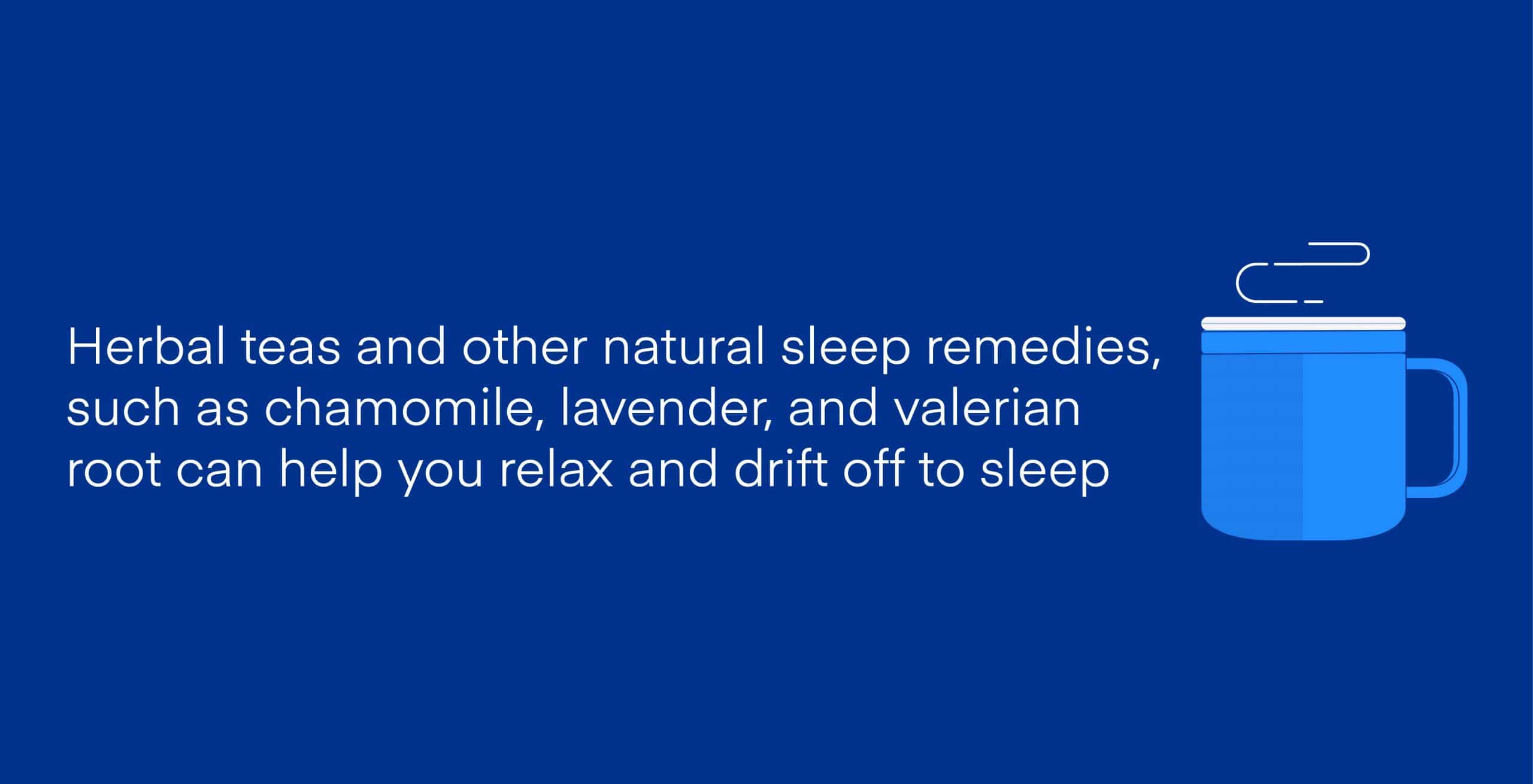
Frequently Asked Questions
Should you take melatonin supplements when traveling?
When traveling, many people often turn to supplemental melatonin for better sleep. However, we suggest increasing your melatonin production naturally through light exposure.
Since melatonin is considered a dietary supplement by the FDA, there are no safe dosage guidelines for melatonin as there are for prescription drugs. Therefore, it is easy for sleepers to take too much melatonin, causing a hormonal imbalance that disrupts sleep even further.
Why do I sleep better in hotels?
Many people find they often sleep better when staying at a hotel than they do at home. This may be a result of less stress and anxiety because they are on vacation. It may also be because luxury hotels go to great lengths to provide their guests with the most comfortable, sleep-inducing bedroom environment possible.
Many reputable brands offer hotels wholesale mattress discounts that allow national chains and boutique hotels to purchase high-quality mattresses and bedding at an affordable price. This process makes it easy for hotels to include comfortable and supportive beds in their guest rooms.
What is the first night effect?
The first night effect Verified Source National Library of Medicine (NIH) World’s largest medical library, making biomedical data and information more accessible. View source is a well-documented phenomenon occurring on the first night of sleep in an unfamiliar environment, typically a hospital. Research on the first night effect shows that sleepers experience a decrease in total sleep time, trouble falling asleep, and reduced REM sleep on their first night staying in a hospital.
Although studies on the first night effect have been conducted on hospitalized patients, this phenomenon may occur when staying at a hotel or any location we are not familiar with.
How do hotels sanitize towels?
Most hotel chains sanitize their towels by soaking them in a mixture of baking soda, laundry detergent, and cold water. Then, the towels are boiled for about 30 minutes, wrung out, and washed in the washing machine with laundry soap and bleach to maintain the whiteness.
What to drink to sleep faster?
If you are having trouble falling asleep, herbal teas and other natural sleep remedies, such as chamomile, lavender, valerian root, and lemongrass tea can help you relax and drift off to sleep naturally. These teas contain apigenin, a flavonoid and antioxidant, that binds to the BDZ (benzodiazepine) and GABA (gamma-aminobutyric acid) receptors in the brain. This reaction helps calm the central nervous system and has a sedentary effect on the body and mind.
Are You Ready to Start Sleeping Better at a Hotel?
When sleeping anywhere other than your bed, it can be difficult to get comfortable, relax, and fall asleep naturally. Additionally, you may experience constant disruptions due to light and noise that prohibit your ability to get deep, restorative sleep. However, by doing your due diligence and making a few small adjustments, you can create a soothing environment and ensure your sleep-wake schedule remains intact.
About the author
McKenzie Hyde is a Certified Sleep Science Coach and a full-time writer specializing in sleep health and the mattress industry. With a Master of Arts degree in literature and writing from Utah State University, McKenzie combines her passion for writing with her in-depth knowledge of sleep science. Her articles cover a wide range of topics, including best sleep practices for students, the consequences of sleep deprivation, and choosing the right mattress for back pain relief. McKenzie's dedication to delivering accurate and informative content makes her a valuable contributor to the field of sleep health.
View all posts